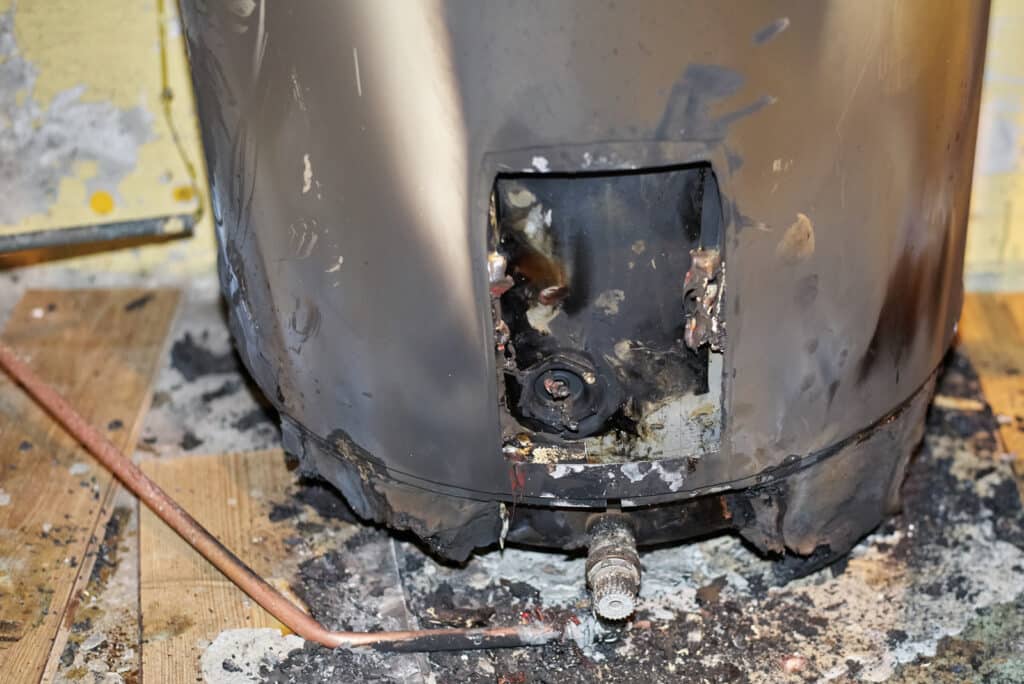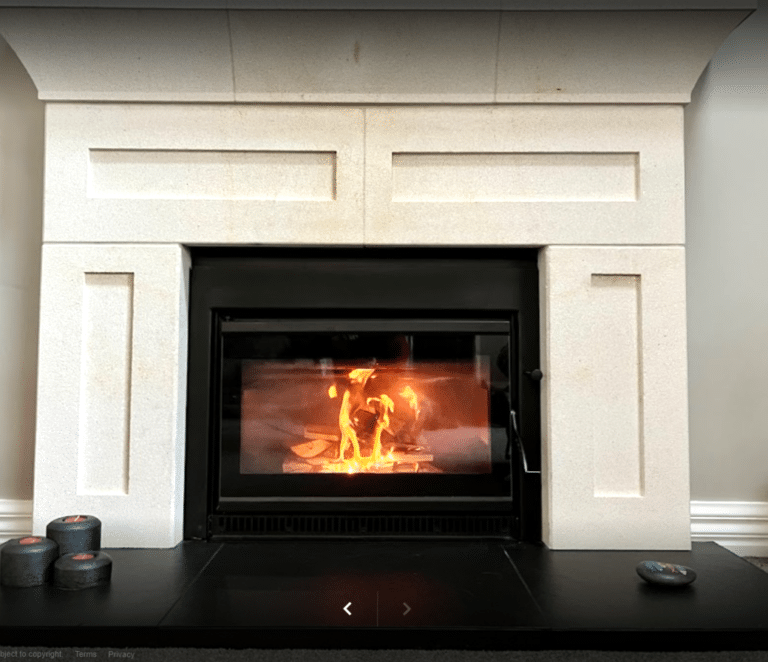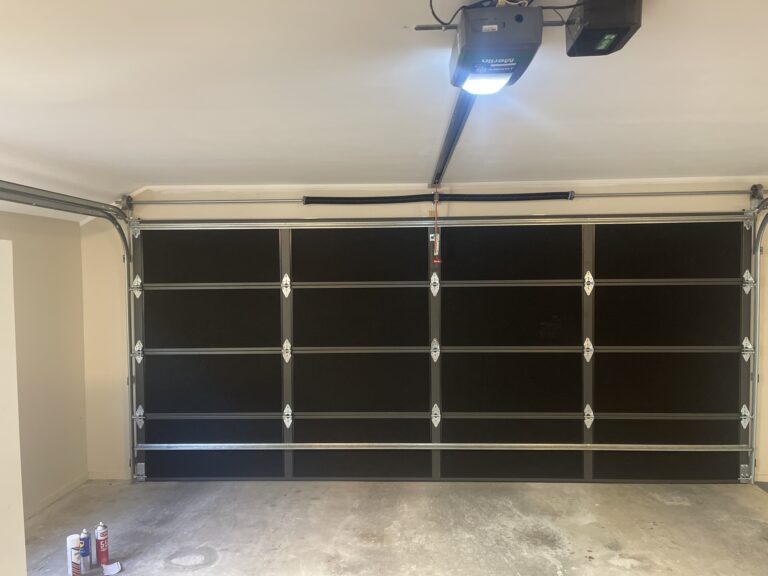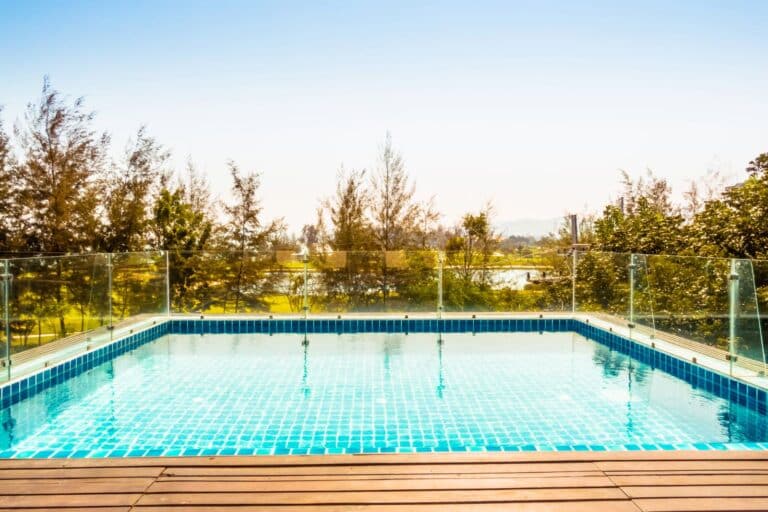Many aspects of our lives feel like they are standard, and we often don’t consider their impact on our day-to-day activities until they are no longer available, such as hot water.
Imagine coming from a run in the lush neighbourhood in Wellington, and there is no hot water!
A reliable hot water system is necessary for everything from morning showers to dishwashing and laundry. However, these systems can sometimes have issues that disrupt daily routines and cause significant inconvenience.
Understanding the common problems that can affect hot water systems and knowing the approved ways to overcome them can save time, money, and stress.
Here are some expert-proved strategies to tackle the most frequent hot water system problems effectively.
1. Addressing Inconsistent Water Temperature
One of the most common complaints about hot water systems is inconsistent water temperature. Fluctuations can occur for various reasons, including debris buildup, faulty thermostats, or issues with the heating element. A reputable expert in Wellington suggests the following solutions:
Regular Maintenance and Flushing
Debris buildup in the tank can cause inconsistent heating and reduced efficiency. Flushing the tank regularly helps to remove these residues. This involves turning off the system, draining the tank, and flushing it with clean water. It’s a simple yet effective way to maintain a consistent water temperature.
Thermostat Check and Adjustment
If the water temperature fluctuates, it might be due to a malfunctioning thermostat. Checking and adjusting the thermostat settings can often resolve this issue.
Inspecting and Replacing Heating Elements
All types of heaters’ heating elements might wear out over time, causing temperature inconsistencies. Inspecting the elements for signs of wear and replacing them if necessary can restore consistent hot water.
2. Dealing with No Hot Water
A complete lack of hot water can be particularly distressing. This problem can be caused by several sources, such as pilot light issues, faulty thermocouples, or broken heating elements.
Pilot Light and Thermocouple
For gas water heaters, the pilot light might go out due to drafts or dirt. Relighting the pilot light is the first step. If the pilot light keeps going out, the thermocouple, which is a safety device, might be faulty. Replacing the thermocouple is a task best left to professionals to ensure it’s done safely and correctly.
Replacing the Heating Elements
If the heating elements are burned out, they need to be replaced. This involves turning off the power, draining the tank, and removing and replacing the faulty elements. Regular inspection and timely replacement of these components can prevent complete hot water loss.
3. Managing Water Leaks
Water leaks are not only wasteful but can also lead to significant damage to property. Leaks can occur from the tank itself, the pipes, or the fittings. Experts recommend the following steps to manage and prevent leaks:
Regular Inspection
Conducting regular inspections of the hot water system can help identify leaks early. Check the tank, pipes, and fittings for any signs of moisture or corrosion. Early detection can prevent minor leaks from becoming major problems.
Tightening Connections
Sometimes, leaks can occur due to loose connections. Tightening the fittings with a wrench can often resolve these minor leaks. However, care should be taken not to over-tighten and cause damage.
4. Ensuring Energy Efficiency
High energy bills can be a concern for many households, and the hot water system is often a significant contributor to energy consumption. Ensuring that the system operates efficiently can help reduce energy costs.
Insulating the Tank and Pipes
Insulating the hot water tank and pipes reduces heat loss, ensuring that water stays hot for longer periods. This means the system doesn’t have to work as hard to maintain the desired temperature, leading to energy savings.
Installing a Timer
Installing a timer can help manage energy consumption. Setting the timer to heat water only when needed, such as during peak usage, can significantly reduce energy usage.
Regular Maintenance
Regular maintenance of the hot water system, including flushing the tank, inspecting and replacing worn parts, and checking the thermostat settings, ensures that the system operates at peak efficiency. This not only reduces energy consumption but also extends the system’s lifespan.
5. Coping with Discolored Water & Preventing Strange Noises
Discoloured water can be alarming and is often a sign of rust or residue in the water heater. Addressing this issue promptly ensures water safety and quality.
Flushing the Tank
Flushing the tank to remove residue and rust particles is the first step in dealing with both problems. This process should be done regularly to maintain water quality.
Checking the Heating Element
A faulty or loose heating element can cause noises or water discolouration. Inspecting and tightening or replacing the heating element can eliminate these sounds.

Consulting with Professionals is The Key
While many hot water system problems can be addressed with regular maintenance and simple repairs, some issues require professional expertise. Consulting with experts about replacing a hot water cylinder in Wellington or any of these issues ensures that complex problems are diagnosed and resolved correctly.
Regular Professional Inspections
Scheduling regular inspections with a professional can help identify potential issues before they become serious. Professionals have the tools and knowledge to conduct thorough checks and provide necessary maintenance.
Timely Repairs and Replacements
When components of the hot water system need to be repaired or replaced, professional assistance ensures that the work is done safely and effectively.
As a final word
Hot water system problems can disrupt daily life, but with the right knowledge and maintenance practices, these issues can be effectively managed.
Please avoid fixing things if there is a chance it will cost you time and money. One tiny mistake easily creates a bigger problem. Always ask for professional help.
Regular maintenance, prompt repairs, and consulting with professionals when necessary are key to ensuring a reliable and efficient hot water system.




